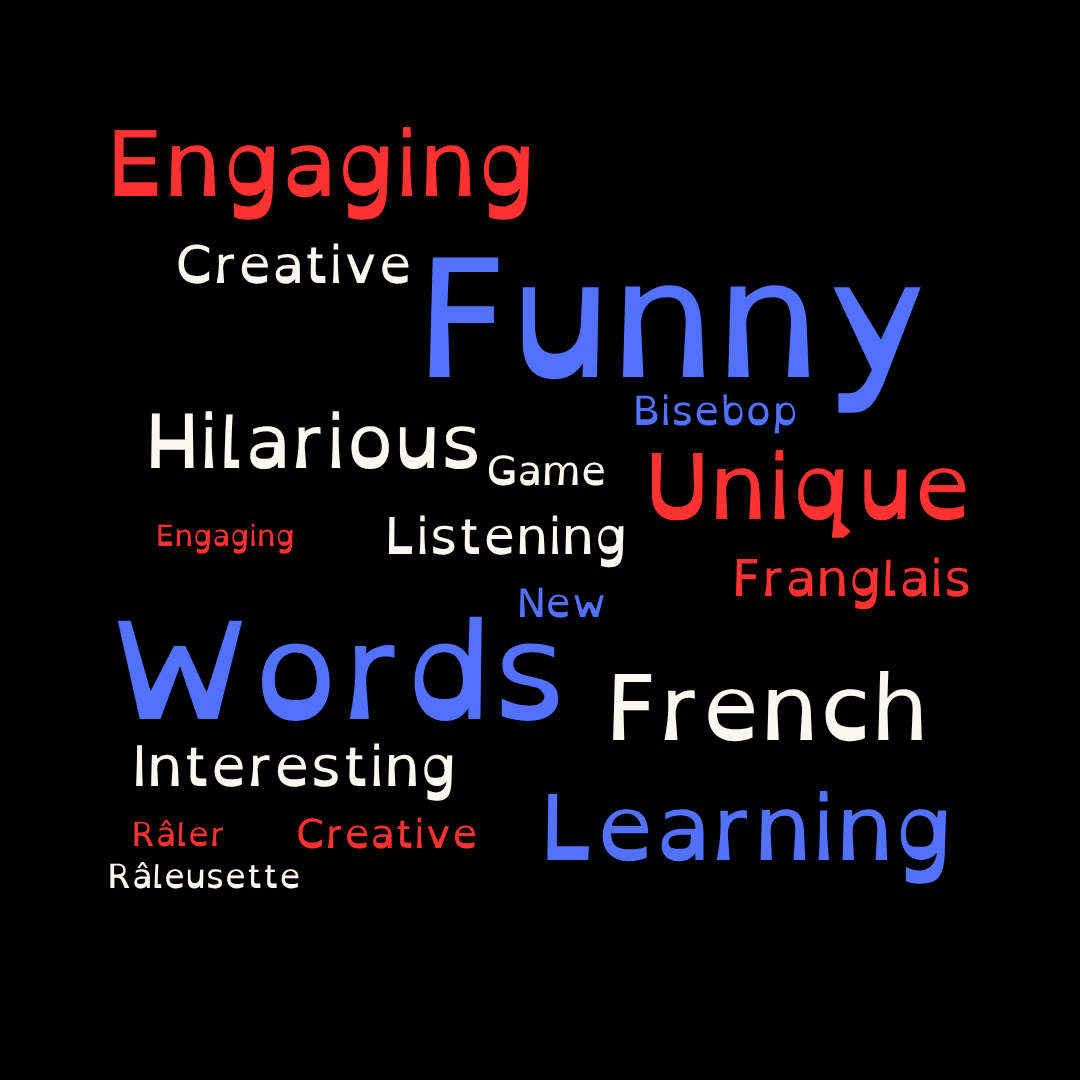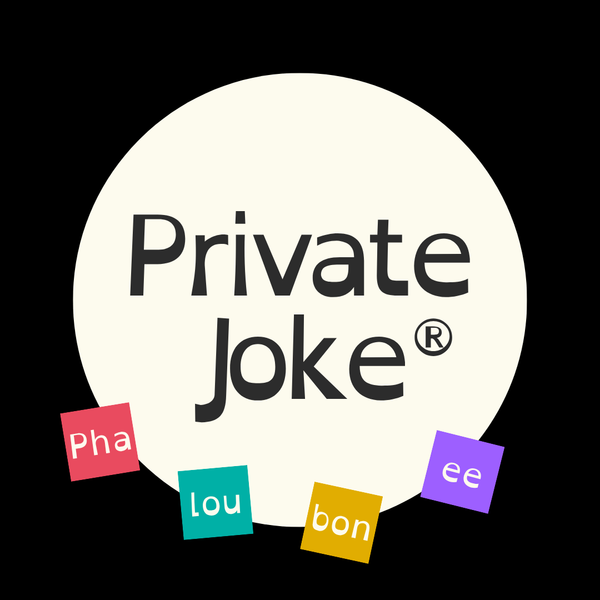
How Private Joke ® is Helping UK Students Fall Back in Love with Languages.
Share
How Private Joke ® is Helping UK Students Fall Back in Love with Languages.
When two generous sponsors agreed to fund six UK state schools with EU Day of Languages Bundles of Private Joke ® (in English, French, and Spanish), I had no idea just how far the ripple effect would go.
Across those schools, with a combined pupil count of 7,753, I've estimated around 10% of students ended up playing the game: laughing, guessing, and learning in ways that remind us why languages matter.
The Problem: Engagement in Languages Is Falling Fast
It’s no secret that motivation and confidence in modern languages have been slipping in UK classrooms. Teachers are under pressure to meet exam specs, and students often view French or Spanish as “just another test” or, God forbid, "pointless".
Ella Gilbert at Lift Firth Park summed it up perfectly:
"Students found this game really exciting and brought out their silly side which is something that’s definitely been declining recently. Students were more willing to have a go at pronouncing the words because they weren’t related to the exams. Olive also suggested a dictation exercise with them which served as excellent practice for the new GCSE."
That’s the piece we’ve been missing: the silly side. The part that makes language learning human again. By the time your teen students enter the workforce, it'll be their resilience, emotional intelligence, ability to negociate, laugh and learn fast that will stand them apart. The art of knowing when to be silly, take a step back, and gain perspective is a uniquely useful skill.
How Private Joke® Brought Fun Back Into the Classroom
Private Joke ® invites students to guess whether certain quips exist in their target language.
- "Panic searching for your baguette with your baguette 🥖 🇫🇷 in your hand." This does NOT exist, so using their chunky letter tiles, humour, and creativity, students will INVENT a new word.
- But what if the little quip actually DOES exist in the target language? "The magical French excuse for literally anything. Late? Boom. Homework? Boom. Crushed by a baguette? Also valid. 🕵️" Yup, that's "un empêchement".

It’s a low-stakes environment that encourages risk-taking, pronunciation practice, and collaboration - everything that’s so hard to achieve in traditional lessons. Silvia Lopez at The Carlton Academy said:
"My Year 10s really enjoyed playing the Franglais game. They put into practise their knowledge of vocabulary and grammar, they had a good laugh and were very engaged and motivated. They have asked if we can use more games in lessons as they found it very entertaining! We played in small groups with a timer and circulated the room to ensure all students had a go, which they did!"
Teachers across the six schools reported similar outcomes: laughter, curiosity, and renewed energy for speaking and guessing in their target languages.
At The Folkestone Girls’ School, I ran a lunchtime workshop with the Franglais version on EU Day of Languages, the feedback was immediate.
Françoise Motley said, "We found the PrivateJoke ® game to be very innovative, fun and educational at the same time. We love the idea of giving the studnets the opportunity to create new, sometimes silly words and experiment with the languages, something that students do not always have the time to do. Thank you for bringing extra fun and joy into our classrroms!"
When students feel safe to be wrong, they start speaking more freely, and that’s where real fluency begins. Some of the Year 11 & 12s were kind enough to share some of their feedback with me:

A Bridge Between Creativity and Curriculum - PHONICS (!)
The timing couldn’t be better. With the new GCSE specification placing more emphasis on dictation, pronunciation, and active use of language, teachers are searching for resources that are both rigorous and motivating.
Private Joke® naturally complements these goals. Ella noted:
“Students were more willing to have a go at pronouncing the words because they weren’t related to the exams. Olive also suggested a dictation exercise with them which served as excellent practice for the new GCSE.”
This crossover between creativity and curriculum — fun and function — is exactly what modern MFL classrooms need.
Real Impact: Confidence, Collaboration, and Ownership
What stood out most from the feedback was how the game built a sense of ownership among students. Meg McFarlane at HHVCS even took the concept further:
“My Languages Ambassadors used the resources to invent their own version of the game!”
That’s when you know something’s working — when students want to keep playing and start inventing new words, rules, and jokes of their own.
What’s Next
As more schools use Private Joke ® games in their classrooms, I'm constantly gathering data on how laughter and linguistic play can boost recall, risk-taking, and retention.
If you’re a language teacher looking to spark curiosity, build confidence, or integrate play into your classroom (especially with the new GCSE dictation exercise), I’d love to connect.
Book a chat with me here, and I’ll go through any questions you may have. Because sometimes, a little laughter is all it takes to unlock a lifelong love of languages. ❤️
---
A HUGE thank you to those who sponsored EU Languages Bundles: Patrick at The Workshop (Folkestone) and an anonymous sponsor across the pond in Paris. 🌍
